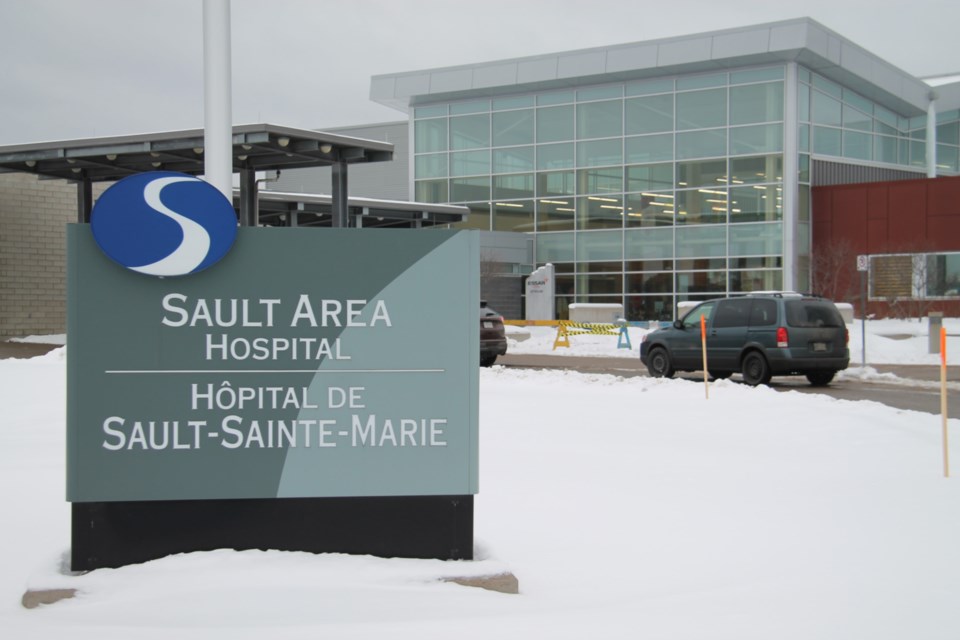The Sault’s emergency department is about to get even busier.
Today’s announcement from the Group Health Centre — that it has no choice but to drop another 10,000 patients, and perhaps more, because of the province’s ongoing doctor shortage — will have a “significant impact” on our local emergency department, says Ila Watson, the president and CEO of Sault Area Hospital.
“Our hospital, like other hospitals in Ontario, is facing challenges in terms of high patient volumes, high acuity, and staffing issues,” Watson said in a written statement released today. “The addition of 10,000 patients without primary care will contribute to our already existing challenges.”
Below is Watson’s full statement:
We understand that the news of 10,000 patients being de-rostered will be difficult for those patients and our community. This will have a significant impact on Sault Area Hospital’s Emergency Department, overall operations, and wait times. Our hospital, like other hospitals in Ontario, is facing challenges in terms of high patient volumes, high acuity, and staffing issues. The addition of 10,000 patients without primary care will contribute to our already existing challenges.
We know that our community will increasingly rely on our hospital for care they should be able to access elsewhere.
As has been well reported, Ontario hospitals are facing enormous financial challenges, mainly due to compensation and inflationary increases, as well as uncertainty regarding future funding from the province. Despite these financial pressures, we understand the importance of planning realistically and carefully for the demand for hospital services. We know that, in this environment, patients are often left with little option but to come to our Emergency Department.
As a system and a community, we need to work together to promote and accelerate advocacy to achieve significant transformation of our healthcare system. Although we may face shortages of health human resources (HHR) and finances, ideas for innovation and different models to improve access to care are abundant. Together with partners and funders, we need to find faster and more efficient ways of implementing these innovative solutions.
